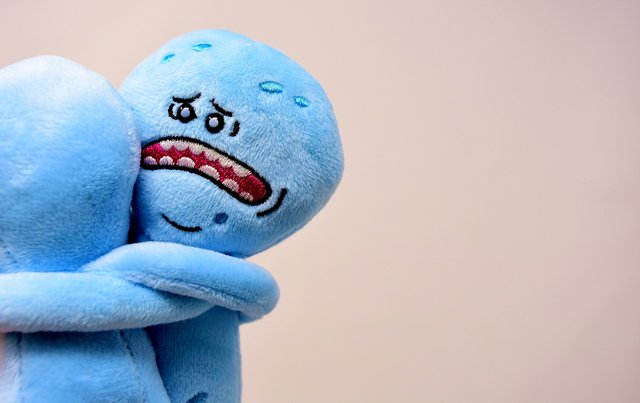The role of dopamine in controlling pain and fear
Dopamine plays a crucial role in the control of behaviors related to pleasure such as the search for food, sex and social interaction. Its role in the avoidance mechanisms, however, has remained a mystery so far. A new study published in the journal "Current Biology" by Jennifer Wenzel and colleagues showed for the first time that dopamine is involved in the mechanisms of avoiding specific threats, such as physical pain.

Credits
Cheer and colleagues studied in the rats a particular brain area, the nucleus accumbens, which is involved in reward mechanisms, such as food and sex, related to motor activity to obtain it. The analysis was carried out with the technique of optogenetics, thanks to which it is possible to activate, in genetically modified mice for this purpose, a determinant population of neurons stimulating them with a light pulse. In the specific case, the authors used a blue light so that the neurons of the nucleus accumbens produced more or less dopamine, even when the animals were free to move in their environment.
The researchers then subjected the rodents to mild electric shocks, also teaching them how to escape pain by pressing a small lever. They verified that by stimulating the production of dopamine, animals learned to avoid shock more quickly and often than animals that had a lower level of the neurotransmitter.
Cheer and colleagues interpret this phenomenon by hypothesizing that dopamine causes animals to avoid painful situations and stimuli.
In a second phase of the study, the researchers also studied the role of endocannabinoids, chemicals that are found in the brain and that are very similar to the active ingredients of cannabis. They found that endocannabinoids have the role of opening the doors that allow dopaminergic neurons to activate, transmitting the nerve signal. In fact, when the endocannabinoids were low, the animals were much less likely to move to avoid shocks.
The result of the study suggests possible therapeutic interventions for post-traumatic stress disorder and depression. Both of these conditions in fact imply very low dopamine levels, and threaten the system of avoiding threats. These psychiatric disorders are already treated in some cases with drugs to increase dopamine, and new clinical studies are evaluating the use of endocannabinoids.
Nice post afifa. Thanks for sharing
posting a very good friend
Based on the description of the experiments, I wouldn't say
dopamine just makes it easier.
I'd say humans and animals who feel their situation is hopeless ( they for sure have low dopamine levels in their blood), get used to suffering pain.
Congratulations, your post received 16.95% up vote form @spydo courtesy of @afifa! I hope, my gratitude will help you getting more visibility.
You can also earn by making delegation. Click here to delegate to @spydo and earn 95% daily reward payout! Follow this link to know more about delegation benefits.
You've been upvoted by TeamMalaysia community. Do checkout other posts made by other TeamMalaysia authors at http://steemit.com/created/teammalaysia
To support the growth of TeamMalaysia Follow our upvotes by using steemauto.com and follow trail of @myach
Vote TeamMalaysia witness bitrocker2020 using this link vote for witness